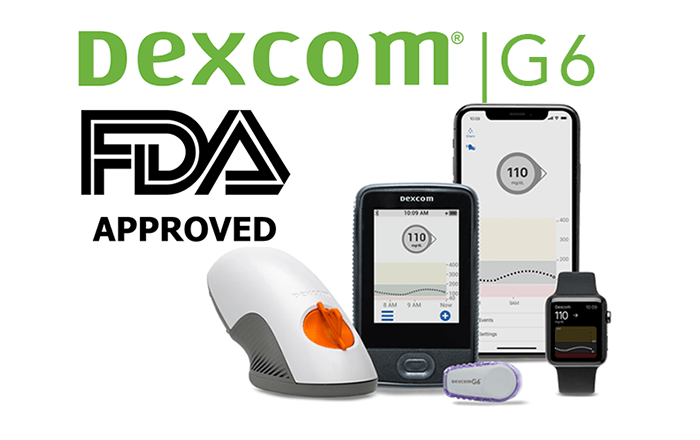Diabetes technologies help people with diabetes manage blood glucose levels, stave off complications, reduce the burden of living with diabetes, and improve their quality of life. For many years, people living with diabetes continued to use injectable animal-based insulin, but further advances in treatment have been made recently. Diabetes technology has come a long way. Devices are easier and less invasive, from blood glucose meters and continuous glucose monitoring (CGM) to cutting-edge insulin pumps.
For point-of-care purposes, CGM devices and wearable technology that makes it easier to track blood glucose levels over time are considered the most effective options for diabetes management. The CGM system consists of a sensor (a small wire catheter inserted under the skin on your arm or abdomen) and a handheld receiver and/or smartphone that displays your glucose data in real-time.
While self-monitored blood glucose (SMBG) is still the most available form of blood glucose monitoring available in South Africa, significant barriers exist, such as inconvenience and lack of timely and regular feedback. Furthermore, important information regarding glucose trends and alerts is not available. Real-time CGM has become reliable and has demonstrated efficacy in improving diabetes management of glucose levels daily, having less low blood glucose events, needing fewer finger sticks, and ultimately improving diabetes management by lowering HbA1c and increasing time spent in range (4-10mmol/L).
One of the examples of this advanced CGM system technology advancement is the Dexcom G7, which was recently launched in South Africa for people living with diabetes aged two and older. The launch of this product marks another milestone in the availability of revolutionary diabetes management technology in South Africa. The Dexcom G7 is Dexcom’s most accurate CGM system ever developed. It has a 30-minute sensor warm-up, the fastest CGM on the market, and improved alert settings for enhanced discretion, among many other features. The availability of Healthtech innovations like the Dexcom G7 will allow people with diabetes to live fuller lives despite their health conditions.
One such person who has benefited from using this technology in diabetes management is Thapi Semenya, who has been living with the disease for over 17 years. She is a law student and a diabetes activist. Like many other people with diabetes, she has had a very rough journey battling diabetes and has had to contend with the excruciating pain from needle injections. She occasionally experiences very high and low glucose levels without knowing. But now, with the availability of CGM, Thapi is living a normal life as she can monitor her glucose levels more effectively.
Indeed, advanced pharmacotherapies and technologies have continued to improve patients’ lives every day, and each advancement allows people with diabetes to live a little more freely. In a world where the number of people with diabetes is rising, continued research and development are imperative. Improvement in CGM, therefore, remains an integral part of enhancing diabetes management.



